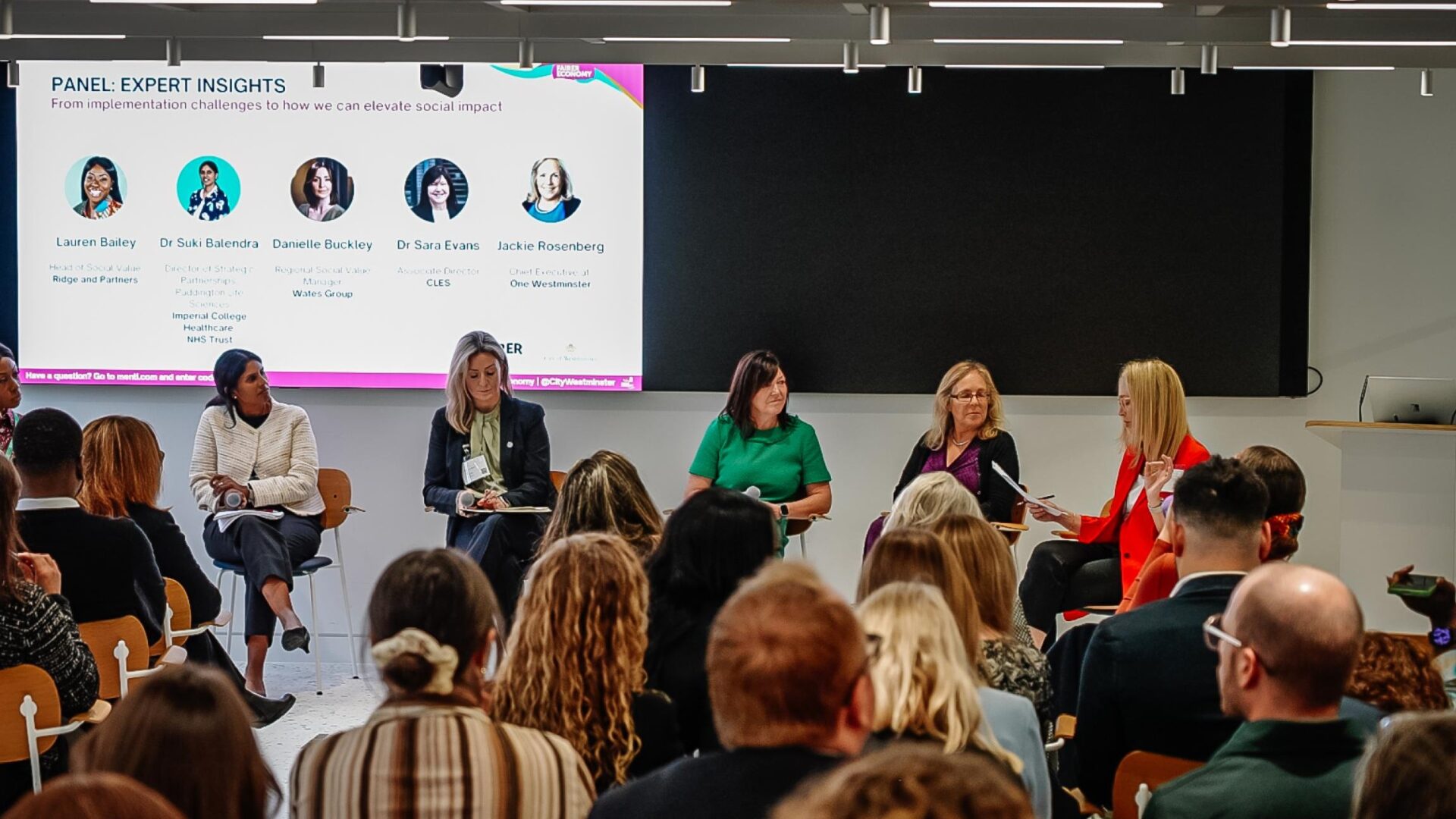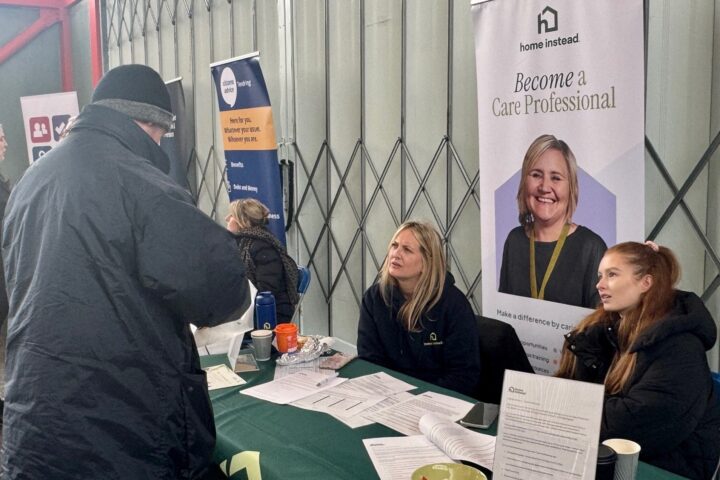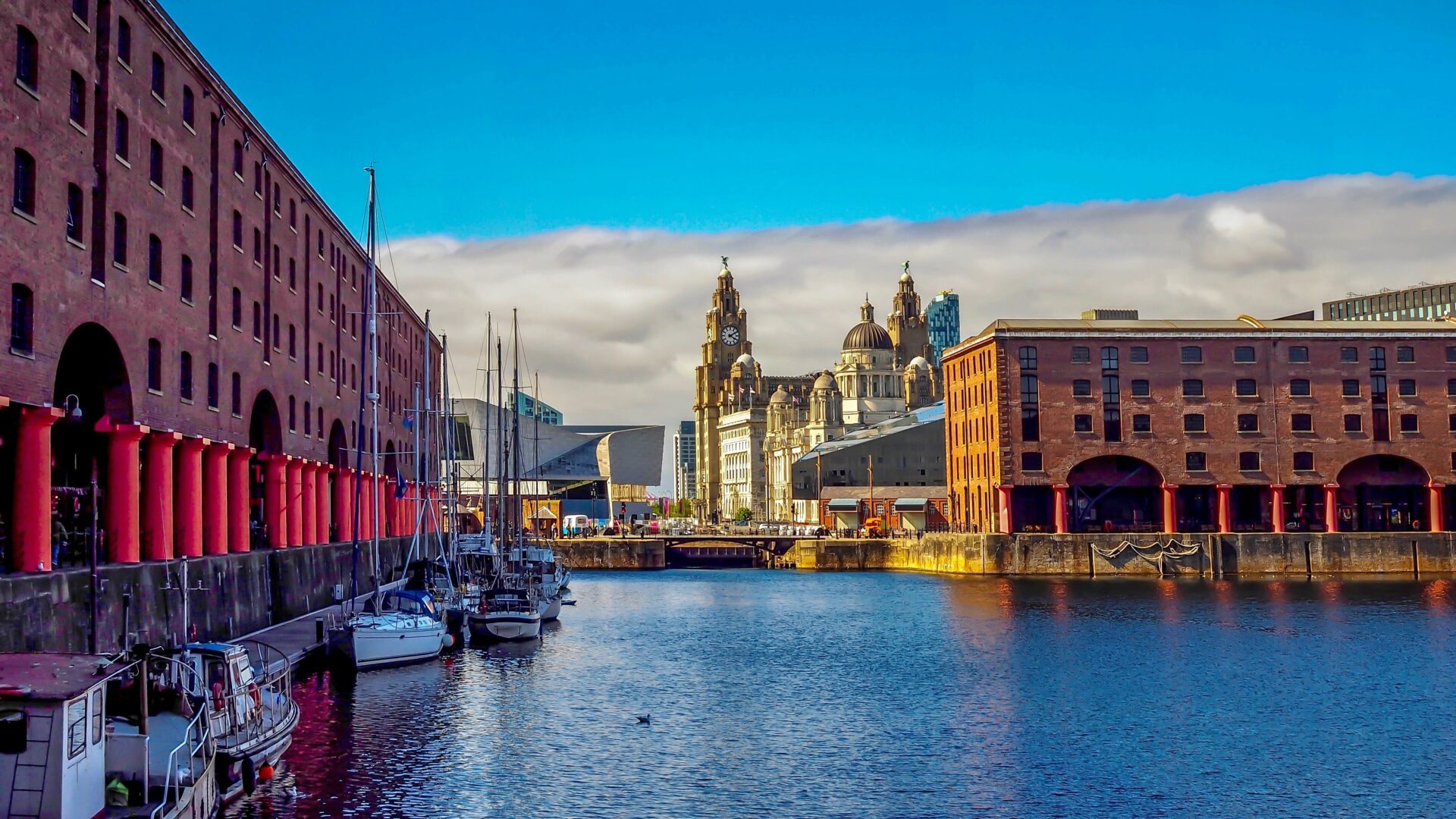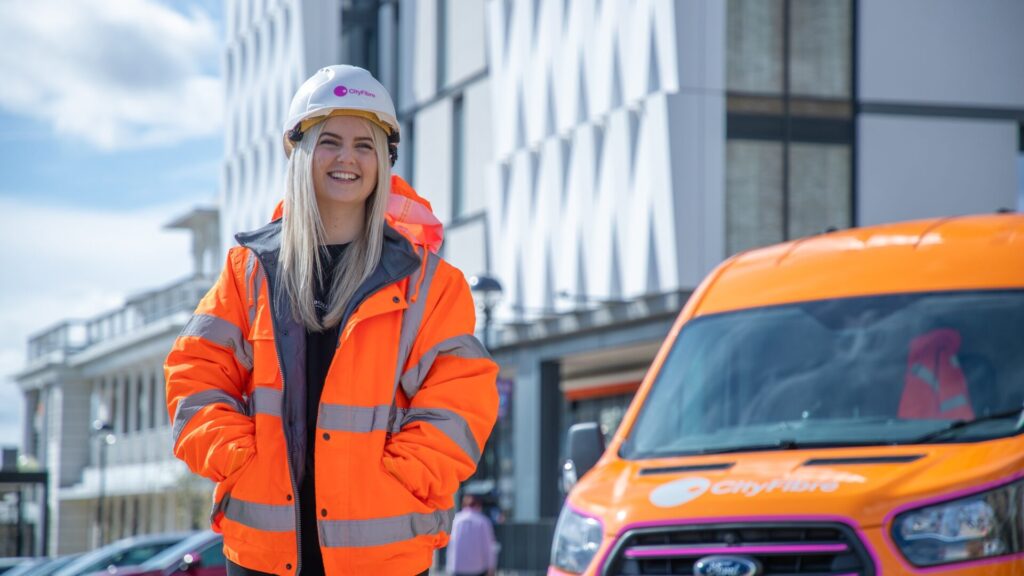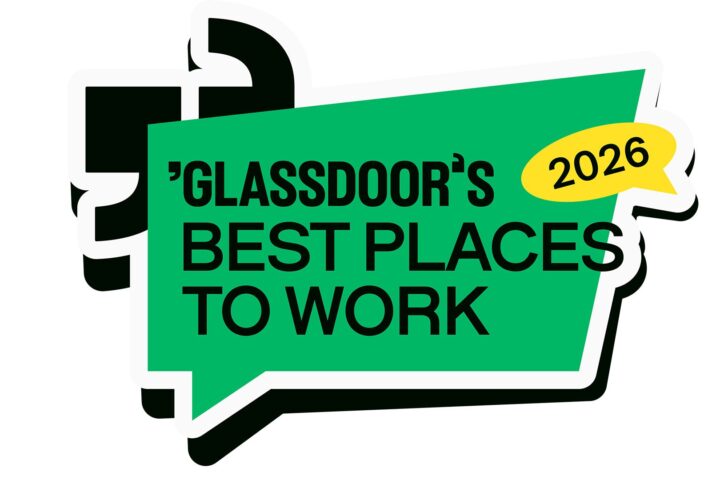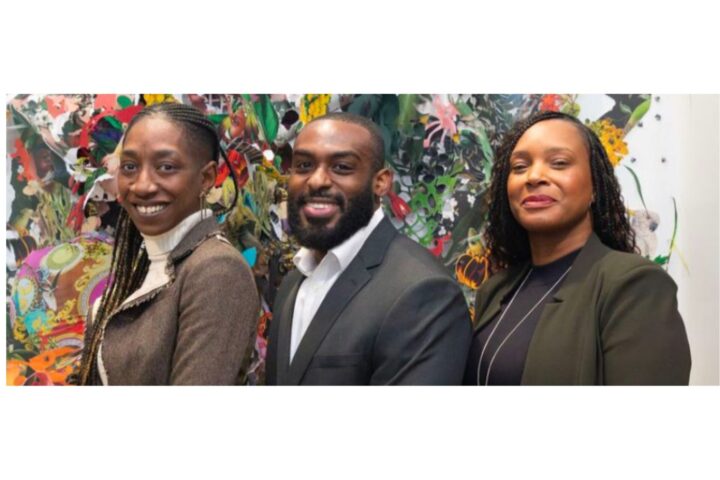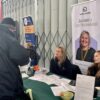Westminster City Council’s third Social Value Impact Report showed a £5.3m boost to local supply chains and businesses, up £1.7m on last year.
Developers, suppliers and businesses volunteered over 36,000 hours for Westminster communities.
The report recorded 585 Westminster residents supported into work, including apprenticeships, and £845,917 raised for community projects.
More than 150 schools and community groups received support.
There were 3,340 hours dedicated to environmental and greening projects, and £15,000 was contributed to homelessness support by Westminster Community Homes.
All council contracts over £100,000 now include social value criteria.
Wates Residential worked with small and local businesses at Darwin House and Luxborough Street.
The company partnered with Cathedral View to deliver Understanding Autism in the Workplace training.
Danielle Buckley, regional social value manager at Wates Residential, said: “On our previous project at Luxborough Street, we hired individuals with SEND background needs with the support of the Westminster Employment Service.
“We were able to create jobs that helped support those individuals learn about what working life is like without the scrutiny of job interviews and other things that may have put them off in the past.
“It’s a really fantastic example of inclusive employment and we were able to create lasting impact as those individuals are still in work.”
Axis Europe and specialist subcontractors restored the library bus at St Mary Magdalene and St Stephen’s School, donating 460 volunteer hours and new books.
Councillor Geoff Barraclough, Westminster City Council cabinet member for planning and economic development, said: “Our third Social Value Impact Report demonstrates how we can provide meaningful benefits to our communities whilst also enhancing the value businesses bring to the city.
“From jobs and apprenticeships to environmental projects and community support, our partners are helping embed social value into the heart of Westminster.
“Together, we are enabling more residents to access work, skills and opportunities, while strengthening local networks and shaping a fairer, more inclusive economy.”
The council marked the report’s release with a Fairer Economy event attended by business, social value and voluntary sector leaders.
The event showcased the year’s achievements and included a panel discussion on how to increase social impact with insights from business and voluntary sector representatives.

